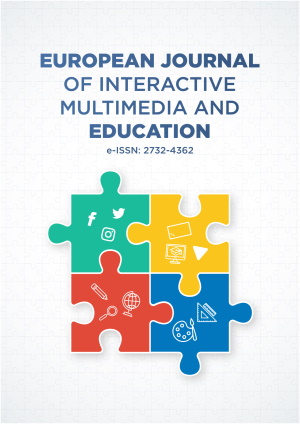Abstract
This paper is a report on the results of the intervention program designed for improving the higher-order thinking skills (HOTS) of Israeli Arab student teachers. The intervention program represents a series of webinars on the foundations of the Aristotelian logic, propositional logic, and some of the contemporary models of informal argumentation. Zoom application was used for the implementation of the webinars. This research project was designed as a pre-/post-test quantitative study with a qualitative component. A mixed-item questionnaire with two open-ended items was used to measure participants’ understanding of logical reasoning and argumentation. The results of the pilot showed good internal reliability of the scale (α<0.81). Tests of argumentation were performed to examine participants’ actual argumentation skills. The pre-intervention results indicated that many of the participants from both control and intervention groups had a vague understanding of logical reasoning and argumentation and weak argumentation competence. The post-intervention data suggested positive changes in the intervention group participants’ understanding of logical thinking and argumentation and an improvement in their actual argumentation skills. This study was planned as the first one in a series of studies aimed at using informal and formal logic to foster students’ HOTS.
License
This is an open access article distributed under the Creative Commons Attribution License which permits unrestricted use, distribution, and reproduction in any medium, provided the original work is properly cited.
Article Type: Research Article
EUR J INTERACT MULTIMED ED, Volume 4, Issue 2, July 2023, Article No: e02304
https://doi.org/10.30935/ejimed/13393
Publication date: 01 Jul 2023
Online publication date: 12 Jun 2023
Article Views: 1851
Article Downloads: 6338
Open Access References How to cite this article
 Full Text (PDF)
Full Text (PDF)